10 Symptoms of Crohn's Disease You Should Be Aware Of
Crohn’s disease is an autoimmune condition characterized by chronic inflammation of the digestive tract. It occurs when the immune system mistakenly attacks the tissues in the gastrointestinal tract, causing swelling and deep sores known as ulcers. Crohn’s disease is unique from other forms of irritable bowel disease because it may occur anywhere in the digestive tract from the mouth to anus. Crohn’s disease may be hereditary, but outside environmental factors also play a role in its development.
General Feelings Of Being Unwell
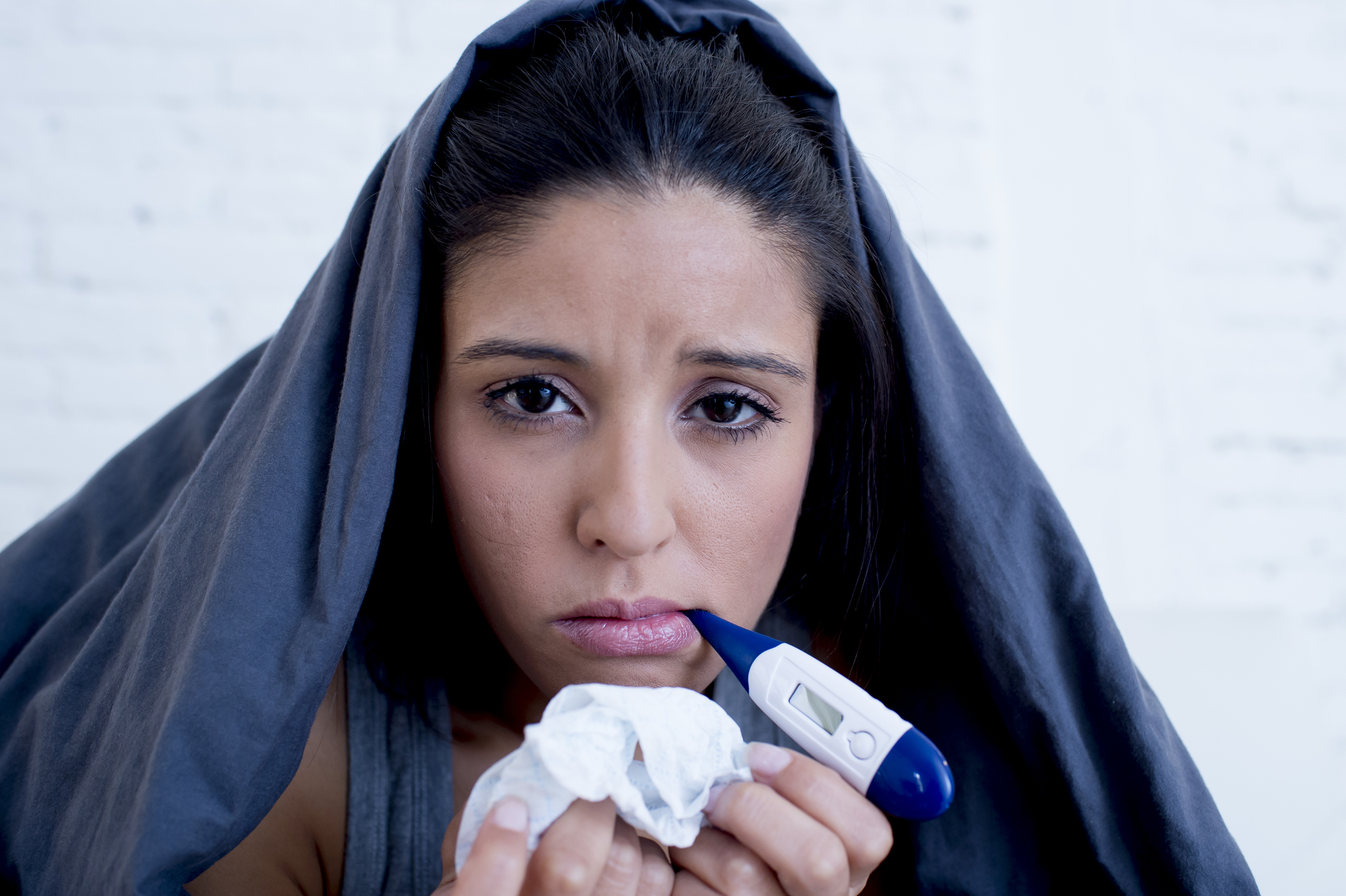
The digestive system is an important part of feeling healthy. When infection or inflammation occurs, it disrupts the absorption of many vital nutrients and may affect the overall well-being of its host. Early symptoms of Crohn’s disease may include a lack of appetite or disinterest in food, inability to finish meals, dehydration, dry skin, lack of concentration, and a general feeling of being unwell that may include queasiness or feeling ill.
Fatigue

Fatigue is a common symptom in many autoimmune diseases because the body is working overtime in the wrong direction. Instead of protecting the body from foreign cells, it mistakes healthy tissue and organs as being invaders, which prompts an attack or flare-up. When healthy cells, tissues, or organs are under attack, it disrupts proper functioning and creates fatigue. Lack of appetite and poor nutrition during a flare may also cause fatigue.
Bloating

Bloating is inevitable as inflammation starts to build up in the intestines. In many cases, extreme bloating is the first visible sign of Crohn’s disease. Clothing may become painful or uncomfortable to wear as it presses down on the abdomen, causing pressure. Excess gas and tummy gurgles or sounds may also accompany bloating. Bloating is worse when Crohn’s disease is active, or when a flare-up occurs. It may take place in both the upper and lower parts of the abdomen.
Belly Pain
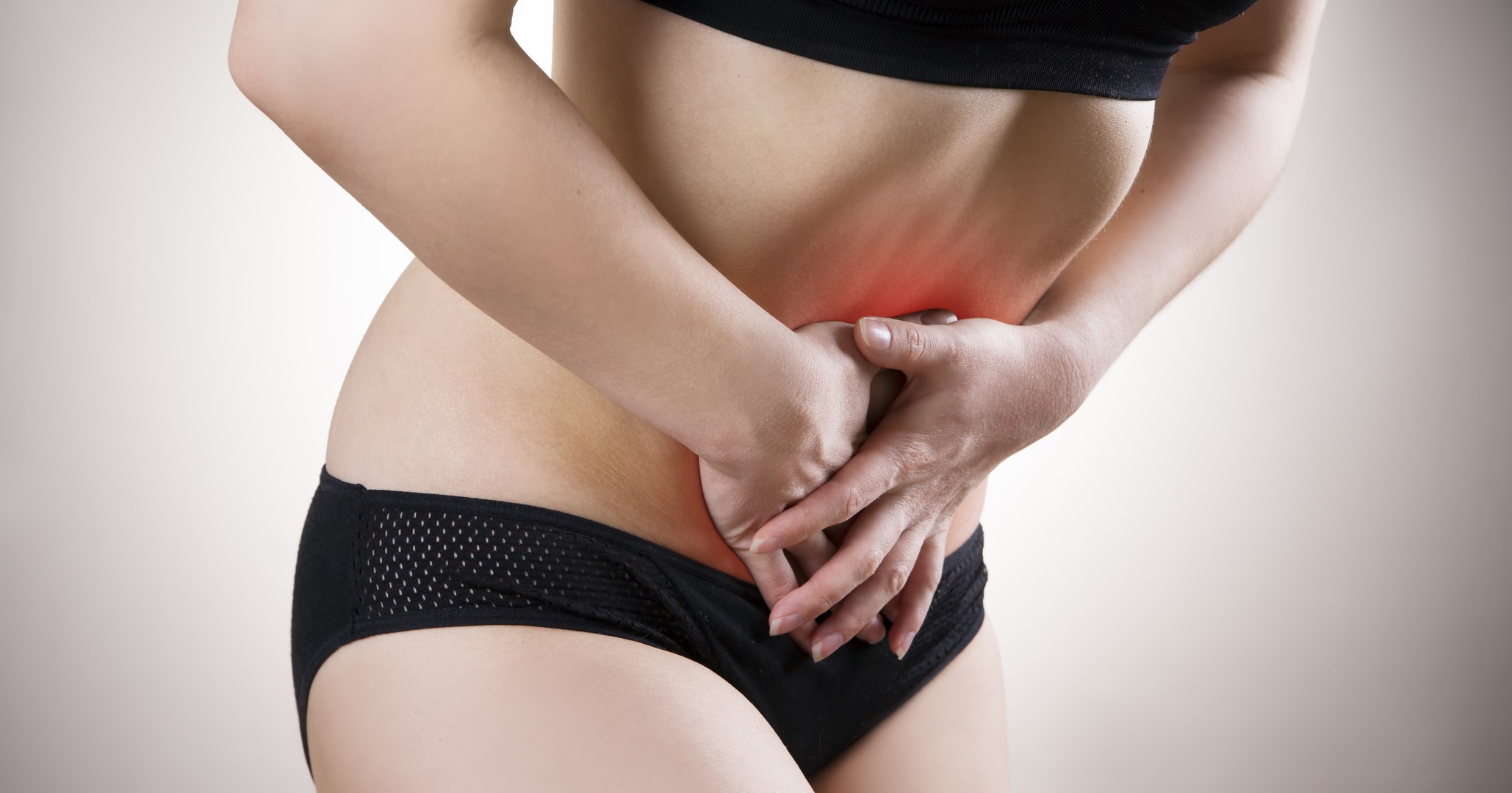
Shortly after feelings of being unwell and fatigue hit, a person with Crohn’s disease might start to experience belly pain. The pain may become progressively worse if the flare is left untreated. Pain may be felt anywhere in the digestive tract but is most common in the lower abdominal area. A person with Crohn’s disease may also start to develop pain while using the bathroom or trying to eat and drink.
Bloody Diarrhea Or Constipation
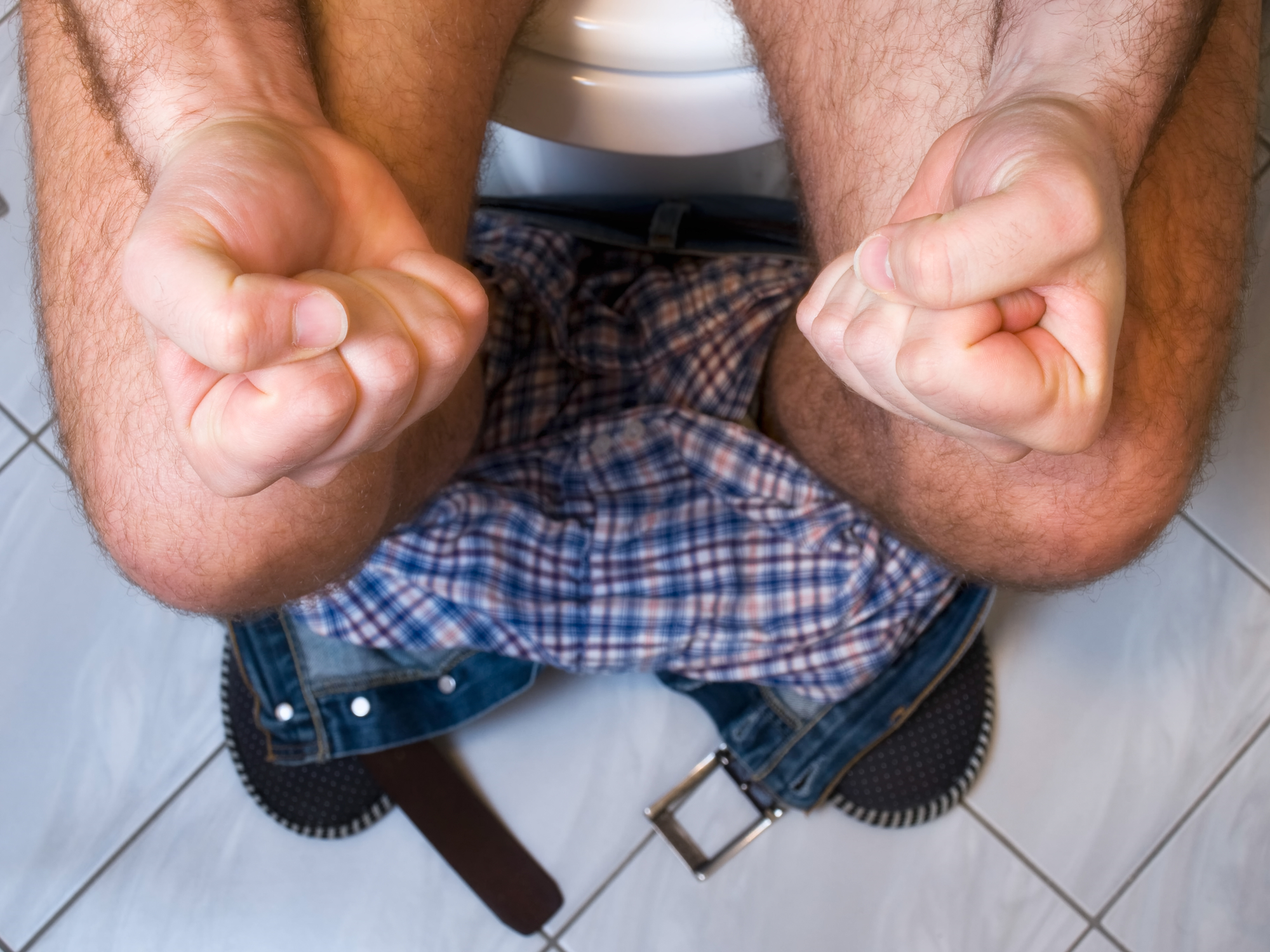
The most prominent sign of Crohn’s disease is bloody diarrhea. Seek immediate treatment if bloody diarrhea is accompanied by intense adnominal pain as this may be a sign of a bowel obstruction or an inflammatory bowel disorder such as Crohn’s disease. People with Crohn’s disease may also experience intermittent bouts of constipation where the urge to go is strong, but nothing comes out. Probiotics are a good way to support healthy bowel movements and restore the "good" gut bacteria during a flare.
Weight Loss

For some people with Crohn’s disease, it becomes impossible to eat because they immediately experience bloody anytime the digestive process begins. Extreme gastrointestinal irritation prevents many people with Crohn’s from eating, which causes weight loss. A damaged or inflamed digestive tract cannot properly absorb nutrients, which may also cause weight loss or malnutrition. A small percent of people with Crohn’s disease may experience nausea and vomiting, making it hard to keep food down.
Fever

Fever is a sign of infection in the body. A low-grade fever is common during a Crohn’s disease flare. When symptoms worsen, such as an increase of bloody diarrhea or weight loss, the fever will also become progressively worse. Seek immediate treatment if a fever is present along with abdominal pain and bloody diarrhea to prevent the disease from progressing to a point where surgery is needed to remove the infected portions of the colon.
Thinning Hair And Pale Skin

Hair and skin are an excellent way to detect someone’s overall health. If nails are brittle and break easy and hair starts thinning or falling out in clumps, this may be a sign of malnutrition, which is a common symptom of Crohn’s disease. Many medications used to treat Crohn’s disease also cause the hair to fall out. Taking a multivitamin or B-complex may help restore hair and nail health. However, if a flare is present, seek medical treatment first as multivitamins may not be absorbed until the inflammation and infection are under control.
Depression

As symptoms of Crohn’s disease progress, feelings of depression or social anxiety may occur. Many people with Crohn’s disease feel embarrassed to go out in public out of fear of needing to use the bathroom urgently. Chronic intestinal pain, bloating, and nausea may cause a person to stay home instead of participating in the activities they love. High-impact sports or exercise that requires running and jumping may aggravate the condition and may need to be ceased during a flare, which can contribute to depression.
Other Autoimmune Conditions
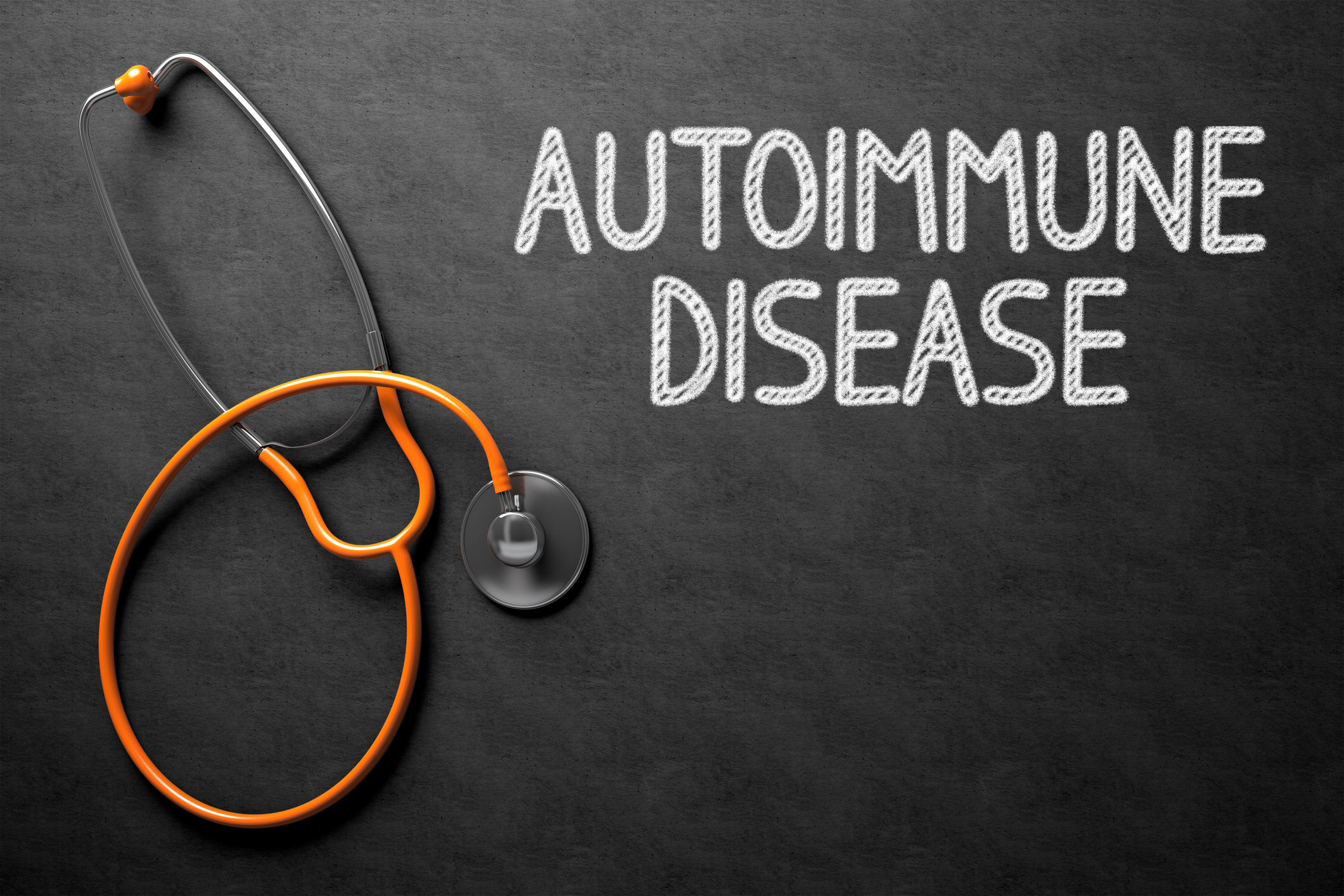
It is not uncommon for people with Crohn’s disease to be diagnosed with other inflammatory conditions, such as rheumatoid arthritis, autoimmune thyroid disease, lupus, Grave’s disease, ulcerative colitis, and Hashimoto’s disease. Autoimmunity produces antibodies that may attack other areas of the body besides the digestive tract. As approximately seventy percent of the immune system resides in the gastrointestinal tract, it is easy for a bowel disorder to impact the health of other areas of the body.
Anal Fistulas
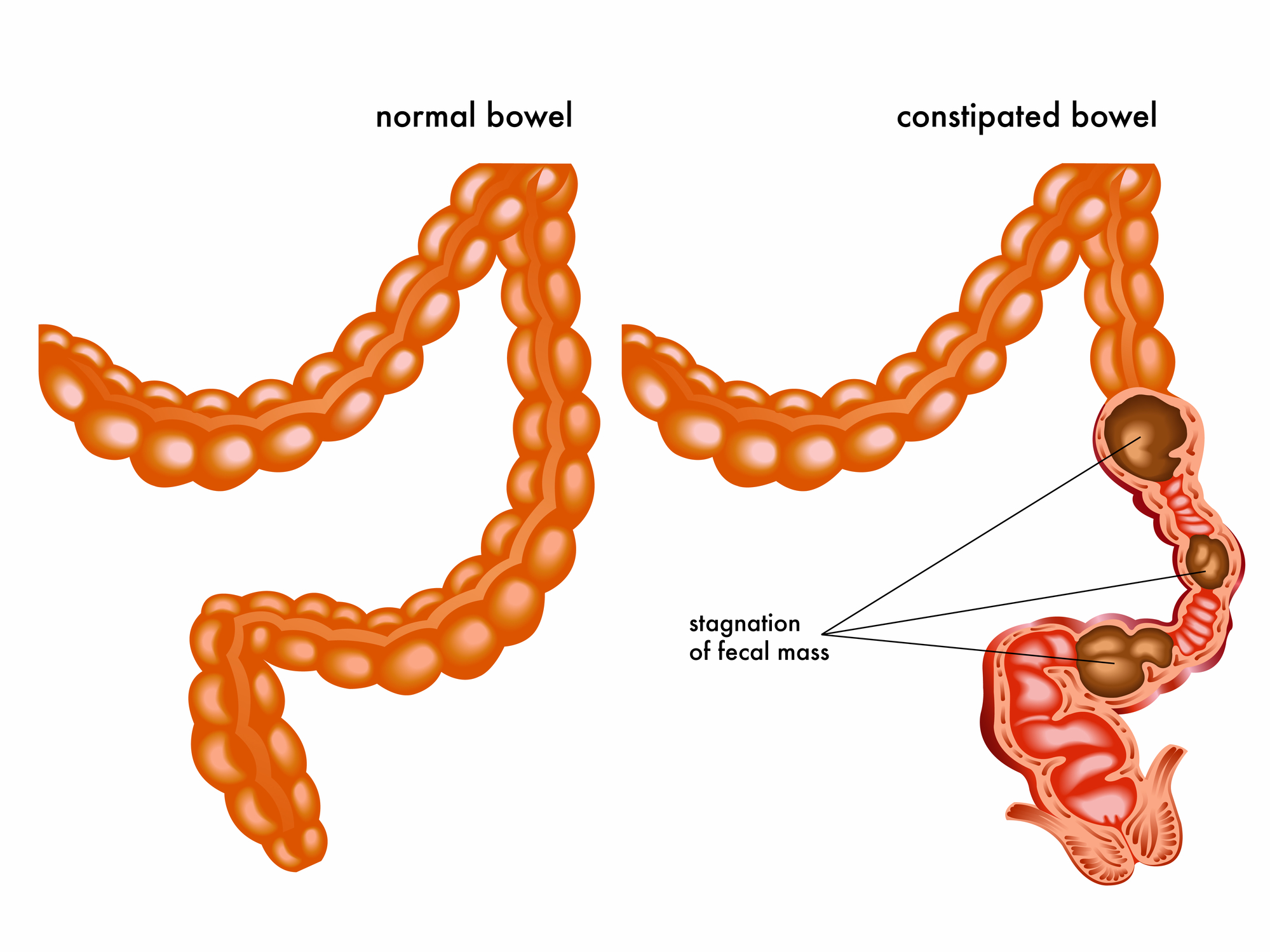
Crohn’s disease may cause anal fissures, which are tiny and painful cracks around the skin of the anus. They are caused by irritation and the constant need to use the bathroom. Anal fistulas may develop when these anal fissures cause an abscess or a pocket of dead tissues that becomes inflamed and very painful. Many anal fistulas heal at home within a few days or weeks. However, some people with Crohn’s disease may experience up to twelve bowel movements each day, which inhibits the small tears or abscess from healing.
